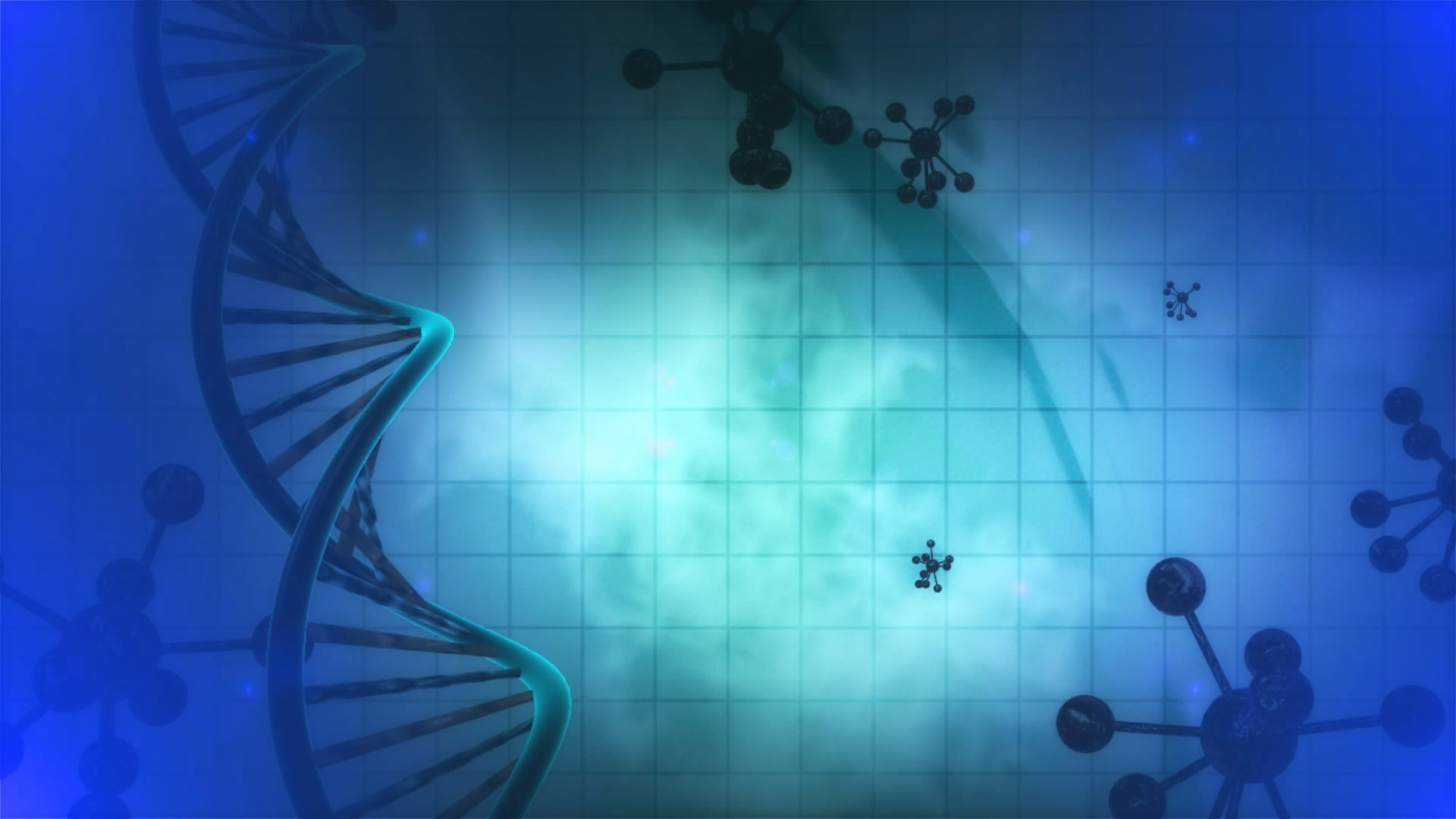 NEWS
NEWS
 NEWS
NEWS
 NEWS
NEWS
Microsoft’s madcap scientists are set to buy 10 million long oligonucleotides as they ramp up the company’s efforts at making DNA storage a viable proposition.
Microsoft Research is buying the long oligonucleotides, which are laboratory-made DNA molecules, from a startup out of San Francisco called Twist Bioscience. The deal was announced yesterday, but no price was mentioned.
As we saw just last week, Microsoft’s researchers are making rapid advances in the field of DNA storage. The concept of DNA storage was actually proven several years ago, but in order to make it financially viable there are still challenges to be overcome. In a recent paper, Microsoft outlined a few theories that could make it achievable, by improving the integrity of stored data from current error rates of about one percent per necleotide, and also by devising a way to access individual bits of stored data in a sequence randomly (current methods involve sequencing the entire DNA pool to be able to access a single byte of data stored within it, which is very expensive).
DNA storage is a popular idea because it’s vastly more durable than traditional storage mediums in use today, like hard drives, Blu-Ray discs and the like. Whereas a hard drive has a lifetime of just 3-5 years, and tape about 30 years, DNA storage theoretically stays intact and readable for up to 10,000 years. And with storage vendor EMC Corp. saying that the entire world’s data doubles every two years, and will amount to 64 zettabytes within the next five years, it’s not difficult to understand why people are looking for alternatives.
DNA storage is incredibly efficient too, in that a single cubic millimeter of DNA can store up to one exabyte of data (that’s around a billion gigabytes).
“As our digital data continues to expand exponentially, we need new methods for long-term, secure data storage,” Microsoft Research’s Doug Carmean pointed out in a statement.
Of course, DNA storage is still far from ready for prime time, so don’t expect to see it in smartphone anytime soon. However, Microsoft believes that the potential is simply too big to ignore – and already, it’s performed proof-of-concept tests with Twist Bioscience that saw 100 percent of encoded data retrieved without any problems.
Twist Bioscience, which specializes in manufacturing synthetic, storage-ready DNA, said that the costs of the technology are constantly decreasing. As such, there’s a good chance in the next few years that it could emerge as a viable alternative to disk and tape for long-term storage.
Twist Bioscience has plenty of believers too, having raised $131 million from investors including Boris Nikolic, who also serves as a chief science advisor to Bill Gates at the Bill and Melinda Gates Foundation.
THANK YOU